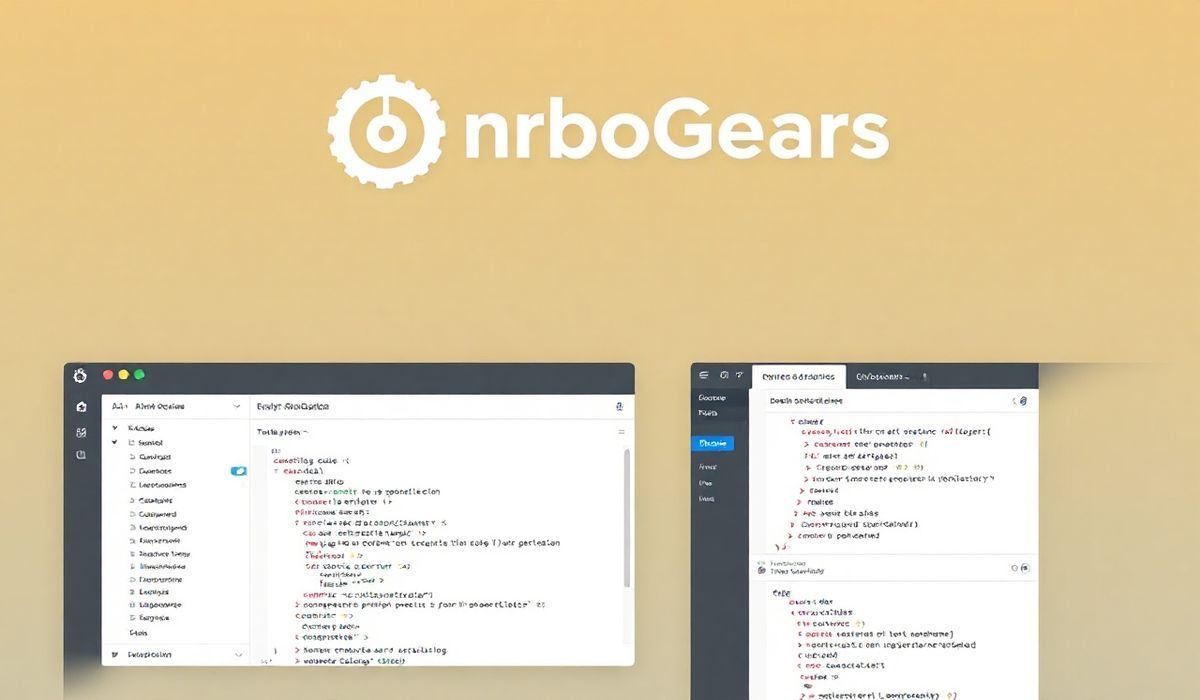Introduction to TurboGears and Its Powerful APIs
TurboGears is a full-stack web application framework built with Python that combines fast development with powerful features and customization. It provides an excellent environment for creating scalable and feature-rich applications. Whether you’re a seasoned developer or just getting started with Python web frameworks, TurboGears can significantly streamline your workflow.
Getting Started with TurboGears
First, you need to install TurboGears. It’s simple!
$ pip install "TurboGears2[all]"
Once installed, you can get started by creating your first TurboGears application.
$ gearbox quickstart myapp
This command creates a boilerplate application named myapp.
Core APIs in TurboGears
TurboGears comes with dozens of essential APIs to build feature-rich web applications. Let’s dive into some of the most useful ones:
1. Routing with @expose
The @expose decorator manages routing and views. For example:
from tg import expose
class MyController:
@expose()
def index(self):
return "Welcome to TurboGears!"
@expose()
def hello(self, name):
return f"Hello, {name}!"
2. Configuration Management with app_cfg
TurboGears uses a powerful configuration system that lets you modify various aspects of your application.
from tg.configuration import AppConfig
config = AppConfig()
config['server.socket_port'] = 8080
3. URL Generation with tg.url
The tg.url() API generates URLs for your application endpoints dynamically.
from tg import url
@expose('json')
def get_url(self):
return {'endpoint': url('/hello', params={'name': 'John'})}
4. Database Interaction with SQLAlchemy
TurboGears integrates seamlessly with SQLAlchemy, allowing easy database interaction.
from sqlalchemy import Column, Integer, String
from tgext.sqlalchemy import BaseModel
class MyModel(BaseModel):
__tablename__ = 'my_table'
id = Column(Integer, primary_key=True)
name = Column(String(255))
5. Authentication and Authorization
You can securely manage access control using TurboGears’ authentication APIs.
from tg import TGController, expose, flash
from tg.decorators import require, with_trailing_slash
from tg.predicates import not_anonymous, has_permission
class SecureController(TGController):
@expose()
@require(not_anonymous())
def authenticated(self):
return "You're logged in!"
@expose()
@require(has_permission('admin'))
def admin_panel(self):
return "Welcome to the admin panel!"
Creating a Complete Application Example
Here’s a simple yet comprehensive example of a TurboGears application:
from tg import expose, TGController, AppTG, config
from tg.configuration import AppConfig
from sqlalchemy import Column, Integer, String
from tgext.sqlalchemy import SQLAModel
# Database Model
class User(SQLAModel):
__tablename__ = 'users'
id = Column(Integer, primary_key=True)
name = Column(String(50))
# Controller
class RootController(TGController):
@expose()
def index(self):
return "Welcome to MyApp!"
@expose('json')
def users(self):
return {'users': [{'id': 1, 'name': 'John Doe'}, {'id': 2, 'name': 'Jane Smith'}]}
# Configure the App
app_config = AppConfig(minimal=True)
app_config.update({'root_controller': RootController()})
app = app_config.make_wsgi_app()
if __name__ == '__main__':
import sys
from wsgiref.simple_server import make_server
port = int(sys.argv[1]) if len(sys.argv) > 1 else 8080
server = make_server('0.0.0.0', port, app)
print(f"Starting TurboGears app on port {port}...")
server.serve_forever()
This example demonstrates how to configure a TurboGears app, define a database model, and create a simple API for user data access.
Conclusion
TurboGears empowers developers to create dynamic, high-performance web applications with minimal effort. Its diverse set of APIs makes it an excellent choice for both small and large-scale projects. Dive into TurboGears today and turbocharge your Python web development journey!




